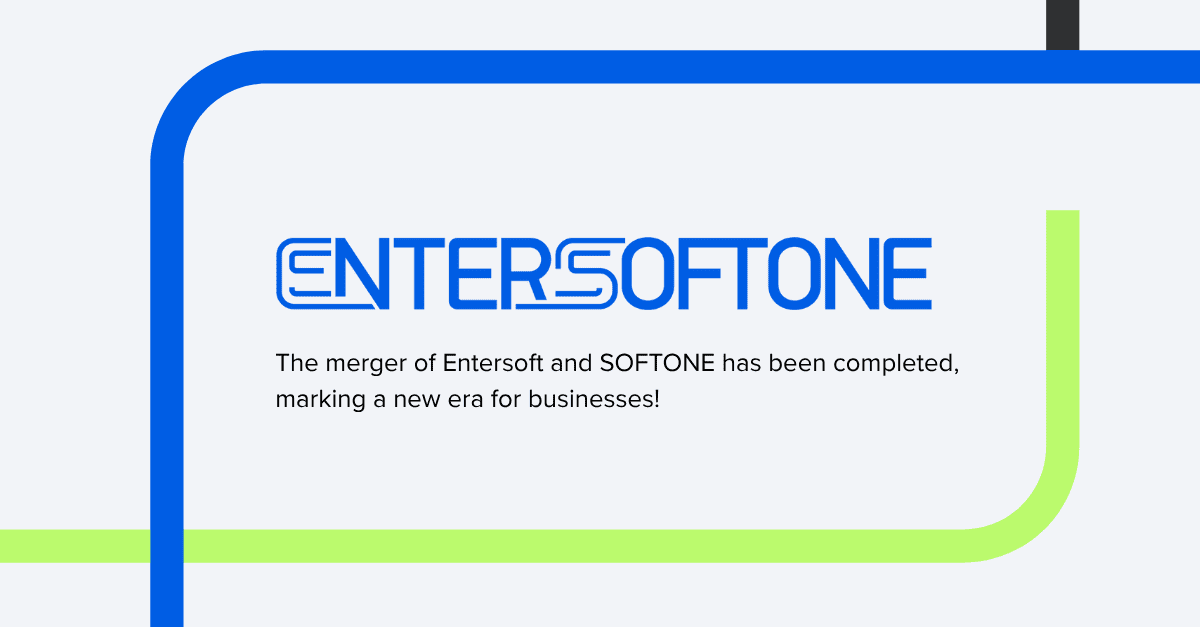Share
Read also

News & Events
ENTERSOFTONE: The merger of Entersoft and SOFTONE has been completed, creating the largest provider of business software products and services in Greece and Southeast Europe.

Mobility
Outlook for the BYOD and EM market from 2025 to 2035

Cloud
The Cloud CRM market will see impressive growth by 2033

Mobility
Key trends in Sales Force Automation
Although the problems, failures and malfunctions are real, the Ministry of Labor is proceeding with the implementation of the Digital Employee Card, with small time deviations, aiming at its complete introduction by the end of 2024.
It should be reminded that industry and retail will have an additional three months to adjust, as the full implementation of the Digital Employee Card is postponed to July, while in the meantime the pilot implementation of the measure will continue. In the meantime, the Ministry of Labor is planning small-scale interventions in its implementation, with the aim of making its use more efficient and easier, both for employees and the businesses that use it.
Specifically, the competent authorities expect to complete the recording of problems and malfunctions in the sectors where it is currently being piloted, namely industry and retail. Instructions for solving the problems listed will then be given. The planned interventions will not alter the essence of the measure, although they will certainly improve its implementation. One of the interventions under consideration is the existence of a short, flexible time limit, within which the employee can swipe their card, but without changing their working hours. This time shall be calculated at 15 to 20 minutes before or after the end of working hours and shall not exceed this limit.
Among some other problems that have been recorded, since October last year when the labor law was passed, is that businesses that have joined the electronic system for measuring working time using the Digital Employee Card are offered the possibility not to register changes in working hours and overtime before they start. According to retail employees, it is a point of contention regarding the recording of overtime, as it is not recorded in real time.
In conclusion, it should be reminded that a fine of €3,000 is imposed for each discrepancy between the recorded working time and the actual working time. If the employer obstructs the cross-checking of actual working time by eliminating the data, the fine is up to €4,000. Finally, in cases where the Digital Employee Card is not activated, the fine can reach €10,500 per employee.







